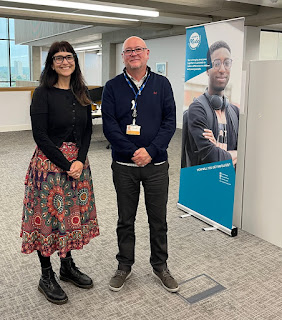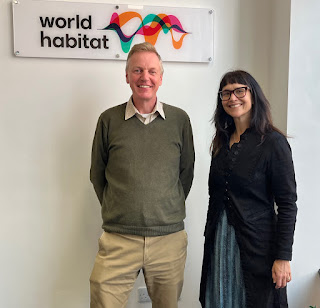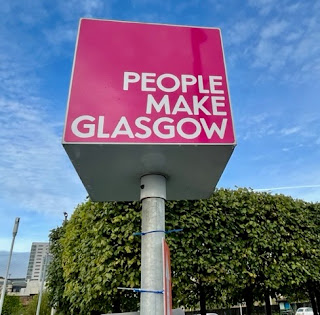A laser focus on rough sleeping

Lambeth is a young, diverse and transitory borough of around 300,000 residents, including Vauxhall, Waterloo, Clapham and Brixton. It includes some of richest parts of country and number of the poorest. It was great to meet up with Lambeth’s head of commissioning, Paul Davis, on 19 October and hear about their extremely targeted approach in addressing rough sleeping. While the good news is that numbers of people sleeping on the streets are not as high as other places (currently around 10 to 20 - it used to be much higher), I thought Lambeth’s experience and approach is a very good example of why it is important to maintain commitment in addressing rough sleeping and keep a consistent approach in tackling long term issues, rather than just waiting for a crisis. To do this, Lambeth maintains a street outreach team (a team of six to seven, working seven days) and has brought in a number of key specialist roles that work with the outreach team to meet the specific needs of the peop




